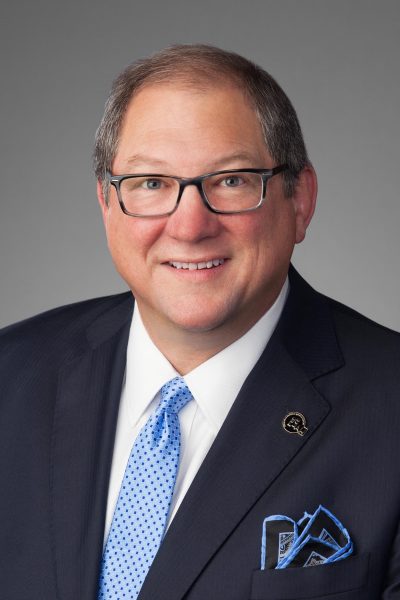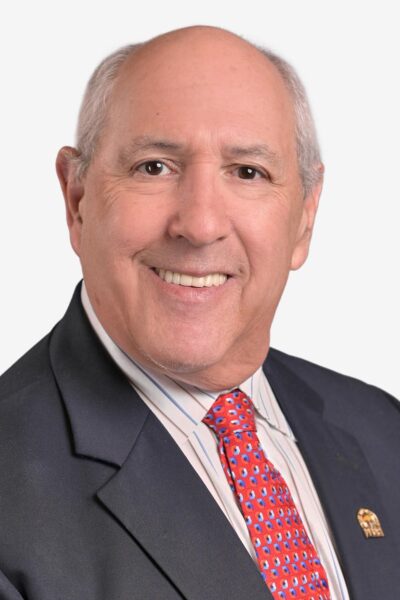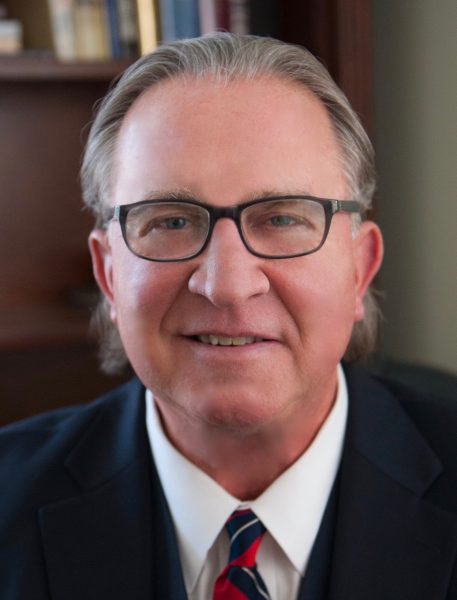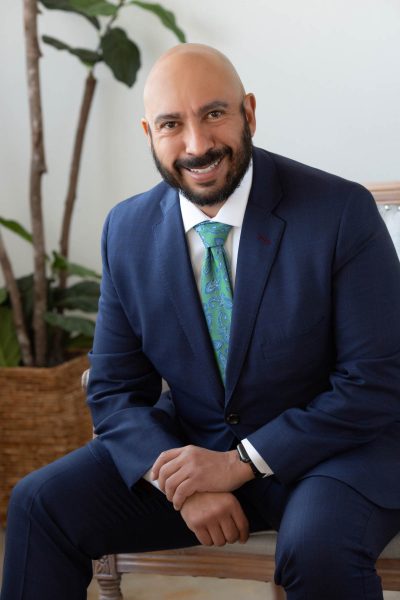Results For Articles or Consultants
Deceptive Trade Practices
“By investigating a case aggressively at the outset, it was often possible to have a developed factual matter for analysis within 90 days, maybe as long as 6 months, depending on the cooperation of any third‑party claimant and other sources of information. By having that development, one could set accurate reserves earlier. The insurer would know where it stood, and actuaries could also have access to that data and reassess a particular book of business or a particular program to see how profitable it may be over time and make adjustments, rather than canceling a program as unprofitable, should development and accurate reserve setting take longer, such as years versus months.
Another important function was the interaction between claims handlers and underwriters. The two go hand in hand. Underwriters have a certain view of the world and ways they want to approach coverage, but it’s the claims people who must handle the result and keep up to date with the latest case law affecting liability and/or coverage. Such teamwork results in tighter and more successful programs including decisions as to whether or not policy language needs to be changed or the need to add additional exclusions based on developing appellate decisions that might create new perils. That level of communication was important, especially for innovative insurance companies. Where the intent is to cover something as communicated to the applicant, the claim department might not be aware of it, resulting in a claim denial.”
A uniform law proposed by the National Association of Insurance Commissioners (NAIC) is currently working its way through state legislatures. The Corporate Governance Annual Disclosure Model Act[i] would require American insurers to disclose a wide range of information relating to their governance, performance evaluation systems, compensation and incentive plans, Enterprise Risk Management (“ERM”) plans and codes of ethics and conduct. This article will highlight some of the important features of the NAIC’s model act and illuminate how they are designed to cloak insurer disclosures in secrecy, but at the same time provide compelling evidence of information whose existence insurers have long denied. Discarding the secrecy mandated by the model act and allowing access to the disclosed information will help discourage insurer misconduct long hidden from the insuring public.
[i] http://www.naic.org/store/free/MDL-305.pdf.






